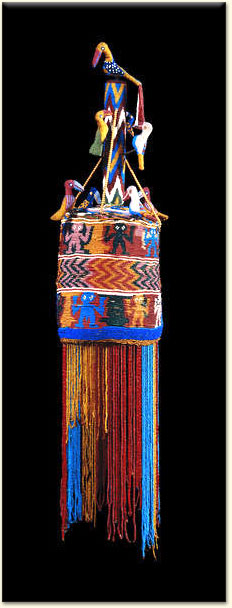Thursday, August 21, 2008
Mythic Stories 2
Let us recall that when we speak of a mythic system of thought, we are speaking of structural characteristics of a thought system, never about truth or falsehood conditions for statements made in that system.
An example of mythic thinking:
When I write on Religion, I will refer to the founder of Buddhism as the Lord Buddha, the first of Islam as the Prophet, and Jesus Christ as Jesus Christ.
These are acceptable to most folks of those faiths.
Some people, however, have their noses slightly out of joint with this, particularly that "Lord Buddha" business.
The word "lord" surely must be reserved for their own notion of God or their notion of first in religion.
Some think that this also means that all religions are the same.
1) I submit to you that that type of thinking is Mythic Thinking: it demonstrates the exclusivity of religion primitively experienced in community defined by similarity in a small neighborhood, but by difference within a larger neighborhood..................
The community of believers is small and restricted to the small neighborhood where I can see people frequently and let my mirror neurons establish a reciprocal bond between us....
...and in the larger neighborhood, we are an island in the midst of a vast ocean.
2) Inputs of critical concepts come only from the pre-established pool of concepts.
3) Conceptual structures based on the Primary or Axiomatic or Basic Concepts are not open to criticism, being effectively closed.
4) There is no self-criticism, no self-referential statements. One may easily loose control of self-referential statments.
5) If we consider a conceptual system to be similar to a Wolfram Process ( i.e., a cellular automaton), the mythic system for all its potential richness does not exhibit randomness over time.
Labels:
myth and ideology
Subscribe to:
Post Comments (Atom)

















No comments:
Post a Comment